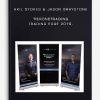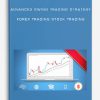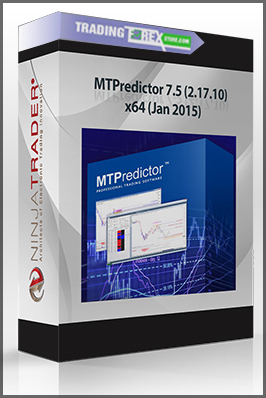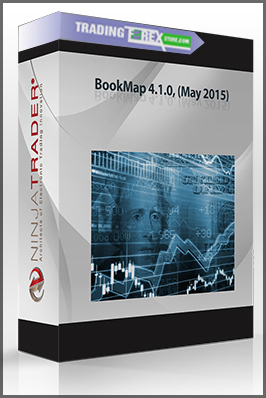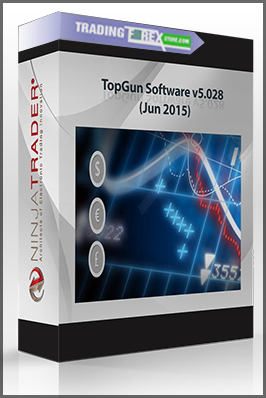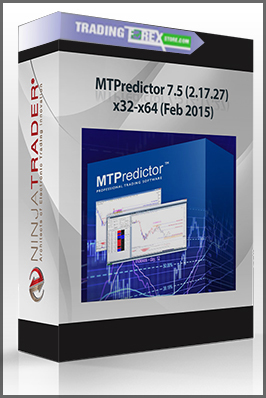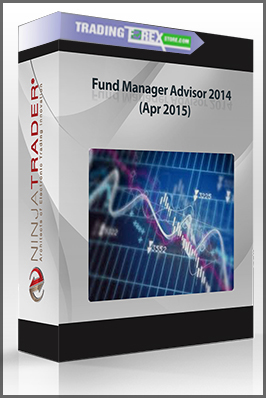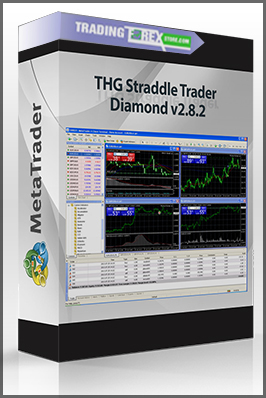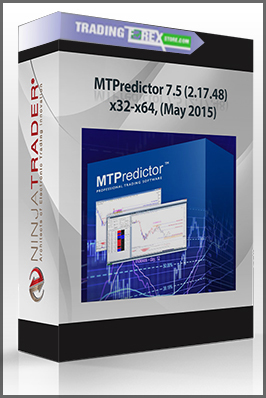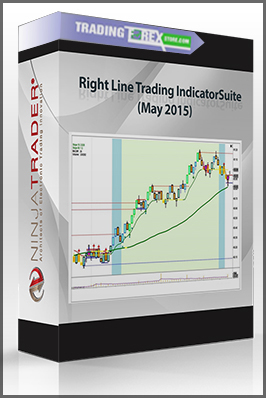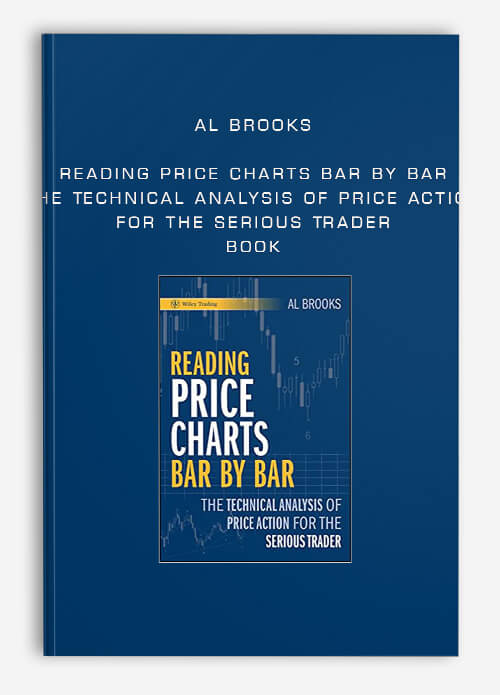
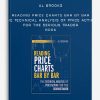
Al Brooks – Reading Price Charts Bar by Bar – The Technical Analysis of Price Action for the Serious Trader – Book
$45.00
Product Include:
File size:
- Description
Description
Al Brooks – Reading Price Charts Bar by Bar – The Technical Analysis of Price Action for the Serious Trader – Book
**More information:
Get Al Brooks – Reading Price Charts Bar by Bar – The Technical Analysis of Price Action for the Serious Trader – Book at bestoftrader.com
Description
AL BROOKS – READING PRICE CHARTS BAR BY BAR – THE TECHNICAL ANALYSIS OF PRICE ACTION FOR THE SERIOUS TRADER – BOOK
PRODUCT DESCRIPTION
This is the actual book (Not PDF Version).
Reading Price Charts Bar by Bar.
With this book, Brooks—a technical analyst for Futures magazine and an independent trader—demonstrates how applying price action analysis to chart patterns can help enhance returns and minimize downside risk. Along the way, you’ll discover the importance of understanding every bar on a price chart, why particular patterns are reliable setups for trades, and how to locate entry and exit points as markets are trading in real time.
Throughout these pages, some of the most useful tools for deciphering price action are covered in detail, including:
- Trendlines and trend channel lines
- Prior highs and lows
- Breakouts and failed breakouts
- The size of bodies and tails on candles
- The relationship between current bars to prior bars
- And much more
Learning what the market is telling you can be difficult, but with the right approach, you can achieve this goal and capture consistent profits in the process. Reading Price Charts Bar by Bar has all the information you need to succeed at this endeavor and will put you in the best position possible to make the most of your time in today’s turbulent markets.
Praise for Reading Price Charts Bar by Bar
“Al Brooks has written a book every day trader should read. On all levels, he has kept trading simple, straightforward, and approachable. By teaching traders that there are no rules, just guidelines, he has allowed basic common sense to once again rule how real traders should approach the market. This is a must-read for any trader that wants to learn his own path to success.”
—Noble DraKoln, founder ofwww.SpeculatorAcademy.com and author of Trade Like a Pro and Winning the Trading Game
“Al Brooks is a trader’s trader. He understands the focused energy it takes to be successful at trading and works long, hard hours in front of the computer screen to beat the markets. In his first trading book, he outlines, selflessly, his strategy step by step. A doctor and educator in his previous life, he uses his eye for detail and transfers lessons he learned in training himself on the art of trading to the written page. For those who are willing to delve into the details of day trading and dedicate the time and energy to do it seriously and most likely profitably, Al Brooks’s book Reading Price Charts Bar by Bar, is a must-read.”
—Ginger Szala, Publisher and Editorial Director, Futures magazine
FROM THE INSIDE FLAP
While complex strategies and systems maywork for some traders, understanding price action is all you really need to succeed in this arena. Price action analysis is an effective app-roach to trading today’s markets—whether you’re involved in stocks, futures, or options. It allows you to focus on the process of trading without being overwhelmed by a complicated collection of trading techniques. And while this method may appear elementary, it can sig-nificantly enhance returns as well as minimize downside risk.
One way to apply price action analysis to your trading endeavors is with chart patterns. Nobody understands this better than author Al Brooks, a technical analyst for Futures magazine and an independent trader for more than twenty years. Brooks discovered ten years ago that reading price charts without indicators proved to be the most simple, reliable, and profitable way for him to trade. Mastering that discipline is what made him consistently successful in trading. Now, with Reading Price Charts Bar by Bar, Brooks shares his extensive experience on how to read price action.
At the end of the day, anyone can look at a chart, whether it is a candle chart for E-mini S&P 500 futures trading or a bar chart for stock trading, and see very clear entry and exit points. But doing this in real time is much more difficult. Reading Price Charts Bar by Bar will help youbecome proficient in the practice of reading price action—through the use of trendlines and trend channel lines, prior highs and lows, break-outs and failed breakouts, and other tools—and show you how this approach can improve the overall risk-reward ratio of your trades.
Written with the serious trader in mind, this reliable resource addresses the essential elements of this discipline, including the importance of understanding every bar on a price chart, why particular patterns are reliable setups for trades, and how to locate entry and exit points as markets are trading in real time. Brooks focuses on five-minute candle charts to illustrate basic principles, but discusses daily and weekly charts as well. Along the way, he also explores intraday swing trades on several stocks and details option purchases based on daily charts—revealing how using price action alone can be the basis for this type of trading.
There’s no easy way to trade, but if you learn to read price charts, find reliable patterns, and get a feel for the market and time frame that suits your situation, you can make money. While price action trading doesn’t require sophisticated software or an abundance of indicators, this straightforward approach can still put you in a better position to profit in almost any market. Reading Price Charts Bar by Bar will show you how.
Technical Analysis Course
How to understand about technical analysis: Learn about technical analysis
In finance, technical analysis is an analysis methodology for forecasting the direction of prices through the study of past market data, primarily price and volume.
Behavioral economics and quantitative analysis use many of the same tools of technical analysis, which,
being an aspect of active management, stands in contradiction to much of modern portfolio theory.
The efficacy of both technical and fundamental analysis is disputed by the efficient-market hypothesis, which states that stock market prices are essentially unpredictable.

